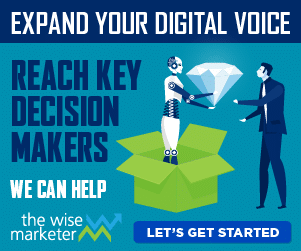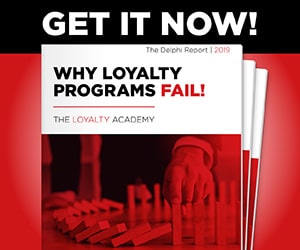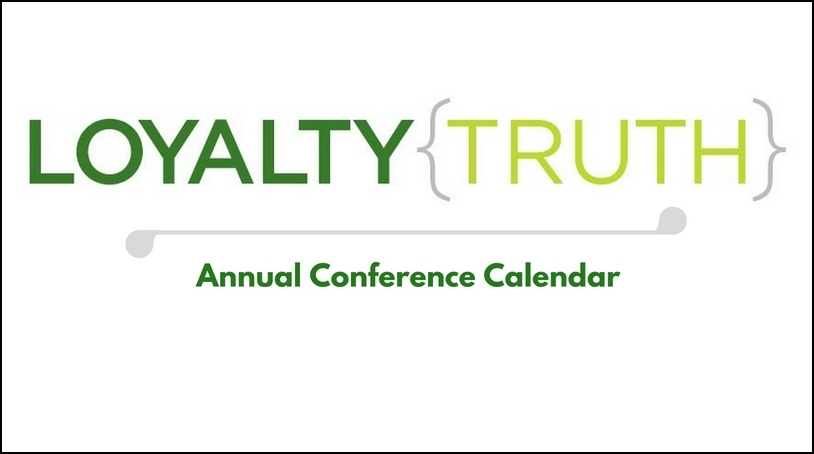The Forrester Wave reports have become required reading for buyers of many types of technology and consulting services. In case you’re not familiar with this reporting series, it is a branded information product produced by Forrester Research to evaluate vendors across the diverse set of software, hardware, and services available in the market today. Reports are crafted for consumption by senior executives across Marketing, IT, and Strategy and you can read more about the report methodology here.
Through a public source, I read through the Forrester Wave Loyalty Program Service Provider report. This one was dated Q4 2013, current enough for the take-away I’m about to share with you.
The rise of the “Wave’s” importance in the Loyalty Marketing industry is noticeable in my daily work. Knowing the provider industry as well as we do, we are accustomed to answering client questions about vendors they are considering for inclusion in an “RFI” list. Many clients are predisposed to include just the list of vendors that are evaluated through a Wave report, a decision that seems safe, but can leave some good options missing from consideration.
Regardless of which vendors end up on your “list”, its important to point out that when Forrester asked a group of 98 reference clients “Which of the following are the five most important factors when selecting your loyalty program service provider?”, 4 of the 6 responses had less to do with technology and instead emphasized the importance of thought leadership and strategic planning in decisions related to loyalty program development and ongoing management.
Among these 4, where:
- Thought leadership
- Strategic contribution to the client’s business
- Understanding of the client’s business
- Ability to design and execute innovative and differentiated programs
The take-away here is that organizations committed to customer centric business models need to sort out their customer loyalty “worldview” before making decisions about technology, rewards, even communications. The articulation of a customer growth strategy into an operational plan flows from this worldview.
We are fond to say that while every company needs a well planned customer growth strategy, not every brand needs a “loyalty program”. As customer behavior trends continue to evolve, the highest mandate on brands is to deliver innovative strategies that engage customers first and establishes a foundation of trust through repeated interactions. Doing this successfully comes through working a carefully executed planning process whose outcome is to frame and define a company’s customer loyalty worldview.




